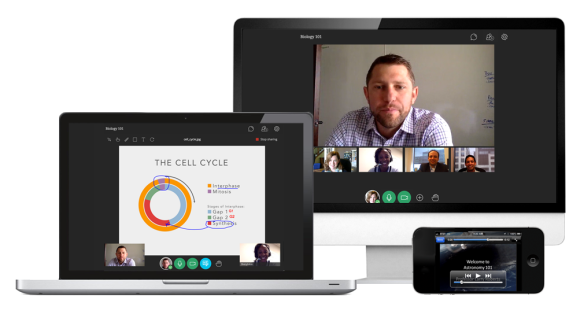The OLITS team here at USFSP has been working with faculty to implement the Quality Matters (QM) rubric for their online courses for over 5 years now. This commitment to quality by our faculty has resulted in a number of achievements since then.
- 16 courses have been QM certified
- 4 additional courses are currently in peer review with another 11 in queue to be reviewed
- 12 faculty are certified peer reviewers and have participated in 16 national peer reviews for courses outside the USFSP catalog
- 4 OLITS staff are certified QM facilitators for both online and face-to-face workshops
These are fantastic results, but how does the QM rubric help improve outcomes once a course is certified? This year, Florida International University (FIU) recently published a report which outlined the benefits of QM certification on their campus. FIU compared a number of measureable outcomes from 29 QM certified courses with 664 that had not been QM certified. There were significant differences across several important metrics. For example, the number of student interactions increased by 16%, student submissions increased by 19%, and the overall amount of course access by students increased by 10%.
OLITS and the Center for Innovative Teaching and Learning (CITL) are looking forward to developing our own report in the future to help all of us understand how to improve the quality of education our students receive here at USFSP. We encourage you to read the full report from FIU and the associated interview with the investigators linked below.
For more information on how you can learn about the QM rubric, QM course certifications, and QM professional development workshops, contact Otis Wilder.
FIU – The Benefits of Quality Matters Certification: What the Analytics Reveal



 Online Learning and Instructional Technology Services is thrilled to announce that Dr. Judithanne Scourfield McLauchlan has received Quality Matters certification for her online course, American National Government (POS 2041). Through the faculty based peer-review process, her course has been found to meet the highest national standards for online course quality and design. Congratulations Dr. Scourfield McLauchlan!
Online Learning and Instructional Technology Services is thrilled to announce that Dr. Judithanne Scourfield McLauchlan has received Quality Matters certification for her online course, American National Government (POS 2041). Through the faculty based peer-review process, her course has been found to meet the highest national standards for online course quality and design. Congratulations Dr. Scourfield McLauchlan!